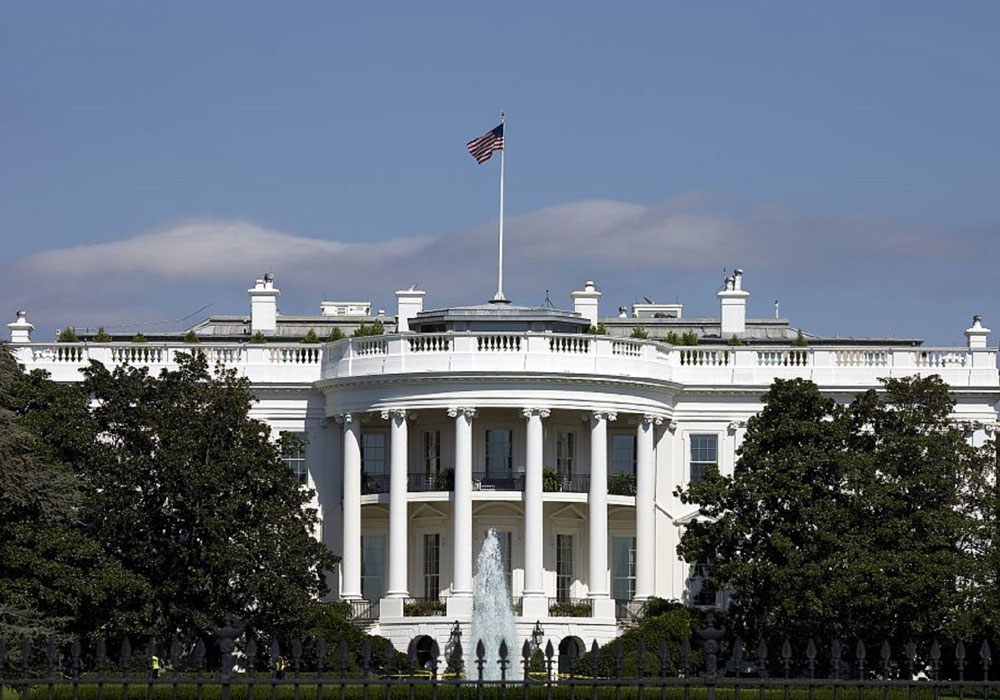When standing up for patients, championing treatments, or stopping an unfair process, nurses speak truth to power. Being on the front lines is part of every nurse’s routine, but many shy away from engaging in the policy world under similar circumstances that affect the profession, patients, and peers. It doesn’t have to be that way. Nurses can educate themselves on the candidates and policy issues and lend their voice to the political conversation.
Become an Educated Voter
2020 is already a watershed year for political ideology. Health care is one of the top policy issues that every candidate in every party touts as a priority. But deciphering the intricate details of each candidate’s plan is complicated.
The Republican Party’s platform says that it “is committed to replacing the Affordable Care Act with a healthcare system that puts patients and their doctors in charge of their healthcare decisions. Government regulations have largely been responsible for the high costs associated with health care. We want to roll back regulations that have prevented market competition, allow patients to buy insurance across state lines, and shut the revolving door of lawsuits that have driven up the price of drugs. While a safety net should exist for Americans who desperately need it, a free market system is the best solution to providing the greatest possible care to the most Americans.”
In direct contrast to that message, the Democratic Party highlights the Affordable Care Act, also known as Obamacare: “More than 20 million Americans have gained healthcare coverage, and the uninsured rate has been cut almost in half. Among the newly insured are more than 2.3 million young adults who are covered because the Affordable Care Act allows them to stay on their parent’s insurance until age 26. Discrimination based on pre-existing conditions is now illegal, and the Affordable Care Act has also allowed states to expand Medicaid to help even more Americans get covered. Thirty-one states and the District of Columbia have expanded Medicaid, and Medicaid and State Children’s Health Insurance Program (CHIP) enrollment has risen 26%”.
Nursing and Healthcare Issues in the 2020 Election
For most of the past 18 months, policymakers have talked about but taken almost no action on some specific items that are of urgent concern to many Americans:
Pre-existing conditions: These are defined as health problems patients have before their new health coverage starts.
Drug pricing: Prescription drug price negotiations often happen behind closed doors, leaving patients and providers out of the negotiating room despite how pricing decisions may directly affect patient treatments and health.
Nursing workforce: The healthcare system is strained by an aging population and broadened access to public care, and nurses are feeling the weight of patient responsibility on their shoulders.
Now is the time for the more than 3.8 million nurses in the United States to use their expertise and strength in numbers to educate candidates and elected officials on the important policy issues that affect the field and their patients. Through professional societies, state associations, and local chapters, nurses have the ability to make a real difference in the future of health care.
Where Biden and Trump Stand on Health Policy
Abbreviated versions of the candidates’ plans follow, but oncology nurse voters should read more than just the highlighted areas outlined here. Visit their websites to understand their detailed plans before making a decision.
President Donald Trump: As part of the landmark Tax Cuts and Jobs Act of 2017, President Trump repealed the individual healthcare mandate. He also signed a six-year extension of CHIP to fund health care and prioritized addressing drug addiction and opioid abuse throughout his administration. Under the Trump administration, FDA approved substantially more generic drugs in history, and the bipartisan Tobacco-Free Youth Act raising the nationwide age for purchasing tobacco and vaping products to 21 was signed into law in December 2019. Additionally, the administration launched a program to provide HIV pre-exposure prophylaxis medications to uninsured patients at no cost. Finally, President Trump took executive action with the Medicare program to stop hospitals from overcharging seniors on their drugs.
Joe Biden: Fully supporting the Affordable Care Act, former Vice President Biden promises to give Americans a new choice in their health care through a public insurance option like Medicare. His plan increases the value of tax credits to lower premiums and extend coverage to more working Americans, and it expands coverage to low-income Americans. Middle-class families would receive a premium tax credit to help them pay for better coverage with lower deductibles. His plan calls for legislation to stop “surprise billing” and repeal the exception allowing drug corporations to avoid negotiating with Medicare over drug prices. Finally, he proposes that consumers be allowed to buy prescription drugs from other countries.
Americans have clear choices in the 2020 election, and nurses have more experience with the healthcare system than most. Take this opportunity to educate others about nursing’s role, and be the difference by speaking truth to power.






